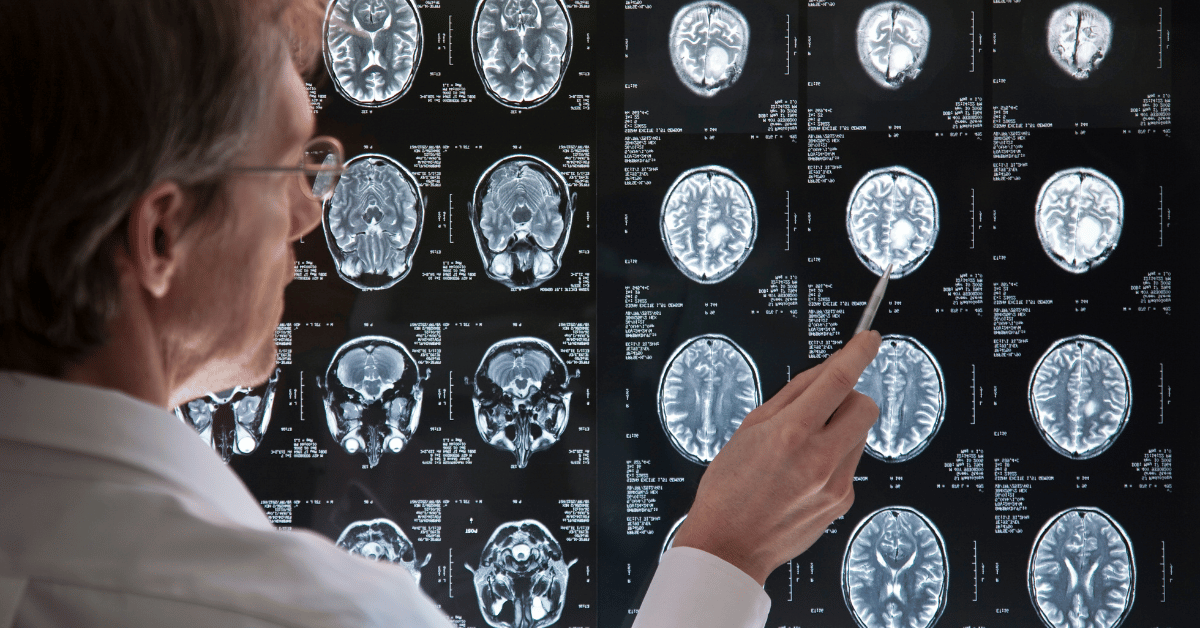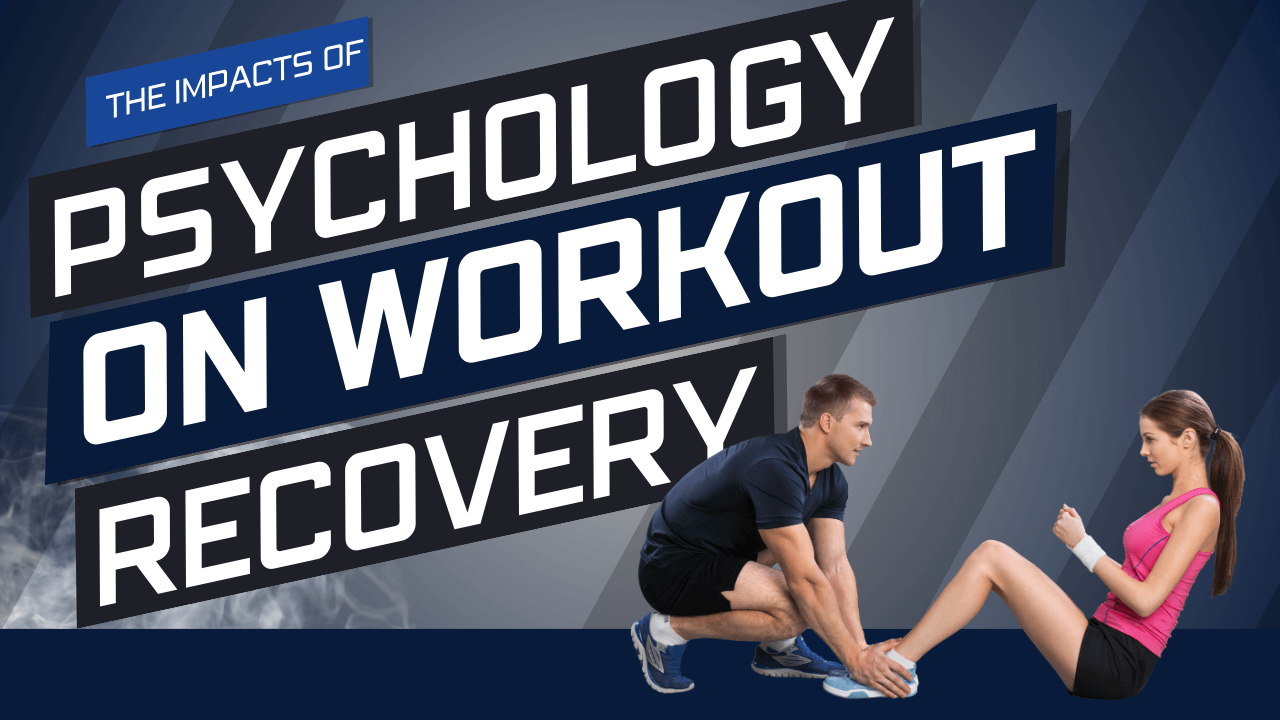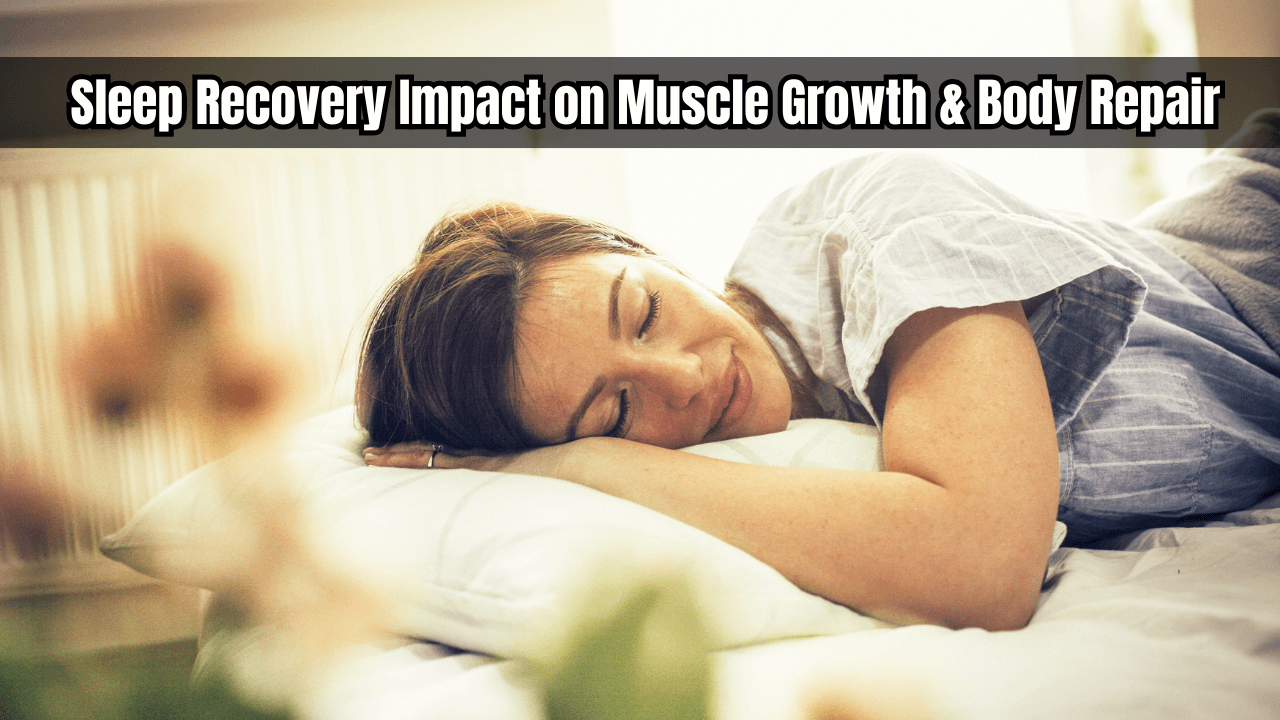Have you ever gone through anxiety and depression? If yes, then you must be curious about the science behind it. In today’s era, where we have gotten connected to social media and have set higher expectations for our lives, depression and anxiety are getting more common.
Millions of people in this world are currently facing this problem, and this number is increasing day by day. According to recent stats, the USA is now the country with 2nd highest depression rate. With this alarming rate, awareness of depression and anxiety is becoming more important.
So, let’s dive deep into what depression and anxiety are, their symptoms, triggers, and techniques to deal with them.
What are Depression and Anxiety?
Depression is a serious medical condition that causes you to feel low, sad, or hopeless, while anxiety brings extreme nervousness, worrisome, and fear. You lose interest in almost all activities, and the world starts seeming dry with no colours.
Reasons:
It mostly happens due to prolonged negative circumstances in your life. The constant negative triggers leave a long-lasting impact on your brain. Research has shown that chronic stress can damage your brain’s hippocampus, as it shrinks when you are under severe stress. As time passes, people get into extreme depression, leading to neuropsychiatric disorders and dementia.

It may happen when you go through tragedies or due to overthinking and comparisons. Mostly these conditions don’t depend much on what happens outside; it majorly depends on what’s happening inside your brain.
Some people go through many problems but still seem happy and contented. I would say that depression happens to you because of how you react more than what happens to you. When you are constantly overthinking or thinking about negative things, cortisol and adrenaline are released, causing your body to react in the form of panic attacks, fear, and nervousness.
Symptoms of Anxiety and Depression
Symptoms of depression and anxiety vary from person to person because it depends on many factors like your genetic makeup, lifestyle, thinking behaviour, etc. But commonly, people report these symptoms to psychologists:
Physical Symptoms:
Physical symptoms include how your body is behaving and changing its activities, e.g.
- Irregular heartbeat.
- Burning feeling in the stomach.
- Low energy, fatigue, and irritability.
- Change in eating behaviour, over-eating, or loss of appetite.
- Weight loss or weight gain.
- Instantly waking up with negative thoughts.
- Panic attacks.
- Oversleeping or sleeplessness.
- Constant headaches.
- Digestive disorders.
- Feeling pins or needles.
- Body getting cold or instantly sweating.
- Difficulty in performing common or daily activities.
- Body aches, mostly in the legs or back.
Mental and Emotional Symptoms:
Mental and emotional symptoms include how you feel and your emotional challenges, e.g.:
- Down mood, persistent sadness, and anxiousness.
- Guilty feelings, emptiness, and worthlessness.
- Losing interest in even enjoyable activities, including sex.
- Helplessness and loneliness.
- Restless even after getting full rest.
- Sensitive mood, easily triggered to cry.
- Difficulty in making decisions, concentrating, and remembering common things.
- Suicidal thoughts and attempts.
- Feeling sick.
- Constantly thinking negatively.
- A lot of negative self-talk.
- Low self-esteem.
How Can You Cure Yourself of Depression and Anxiety?
Quick healing from depression and anxiety isn’t possible as it leaves long-lasting impacts on you. But, no need to worry; you can follow these 12 proven methods to escape this challenging condition.

1. Take Part in Physical Activities like Exercise and Sports
Physical activities like sports and exercise improve blood circulation in your body, and they also release happy and positive hormones like serotonin, dopamine, and endorphins, which quickly release your stress and give you instant relief from despair and sad feelings. Try going out for a walk daily and jogging in the fresh air.
2. Nutrition And Overall Fitness
Nutrition is the top cure for every disease that exists in this world. Proper nutrition and diet can act as an all-in-one medicine. A well-balanced diet, including nutrient-rich foods, promotes emotional well-being. Your nutrition directly impacts your body, so always prioritize improving your eating habits.
Add natural and unprocessed foods, like fruits, fresh juices, vegetables, olives, nuts, dairy, poultry, fish, and unprocessed meat. Fresh fruits and juices improve your mood, as they are great treasures of omega-3 fatty acids, which boost your mood and develop positivity in you.
3. Meditation and Mindfulness
Meditation, deep breaths, and mindfulness can help relax your mind and release stress. You can also perform some focusing activities in meditation, like balancing your body and hearing your breaths with concentration. Meditation and yoga are getting popular among people since depression is growing.
In yoga, you learn to control your postures and body and keep yourself calm and focused in unusual postures. Do you know how it helps you with anxiety? You are subconsciously learning to control yourself and focus on the present. If you start controlling your physical body, it ultimately strengthens your ability to control and manage your emotions.
4. Socialize and Spend Time with Your Family
We, all humans, are social butterflies. We love meeting people with common interests and hanging out with them. Spend some time with your family, and talk to them about your problems and the things that are bothering you; they can console you and provide you with the solution to your problems.
5. Hang Out With Friends
You can enjoy yourself with friends and can share your feelings with them. Share your feelings and problems with some of your close friends that you trust. Sometimes your friends can be a great support and helping hand for you in these hard times.
6. Connect With Nature
Admire the natural beauty around you. The trees, the sky, the clouds, the morning breeze, the flowers, the full moons, and the sunsets. Catch some time to see these natural phenomena around you, and you will see a quick positive change in yourself. You will start admiring nature instead of worrying about the same things repeatedly. Worries are a part of life, and they keep coming and going. You must not allow them to bother you.
7. Do Something Creative
Creative Art therapy is a common practice of healing people from mental disorders, depression, and anxiety. You can take part in some creative activities like painting your imagination, creating some musical tunes, and other activities like that.
8. Keep Yourself Busy
Keep yourself busy doing work or other activities like your job, household chores, etc. In this way, you will not get time to think negatively or badly. You will not remember the bad incidents of your life. Over time, these bad memories will fade, and you will return to your normal life.
9. Learn New Things
Learning new things and getting new hobbies stimulates your brain function, boosts self-esteem, and gives you a new outlook on life. This practice prevents you from getting involved in negative self-talk and thoughts. Many things inspire you, and your continuous learning behaviour starts your healing process from depression.
10. Journaling
Sometimes, things get too intricate to understand when we keep things in our minds. Writing down your thoughts creates patterns of your intermingled thoughts and makes it easier for you to understand yourself.
When you write down the things that bother you, you will get to know your pain points. Then you can take better actions to heal yourself from anxiety. That’s why we say journaling is popular for a reason.
11. Work on Your Hobbies
Doing something you love to do the most can potentially cure your anxiety and depression, as it keeps your brain busy in doing your favourite activities. This helps you keep away from recalling past traumas or unfortunate events. People who get cured of depression commonly share this tip in healing themselves from this situation.
12. Explore New Places and Travel
Getting new experiences helps you escape the emotional bubble you have created around you. You will get a quick refresh of your emotions when you see a new culture, new people, and new places. You will start developing a sense of positivity and moving ahead instead of getting stuck at a point.
Meeting new people and watching so much diversity in this world create a sense of exploration in you. Finally, it gets easier for you to forget about your past and restart your life with a new vision.
Nothing Helps? Ask For Professional Help
We all humans need help at some point in our lives. If no self-help technique helps you, it is okay to find professional help. Professional consultants are experts who know and understand human behaviour and psychology. They know very well how to cure you according to your emotions.
They provide a safe, comfortable, and non-judgmental environment where you can openly share your thoughts. Professionals meet people like you daily, and they know what can help you. They may share the relatable real-life stories of people with you that can help you feel that you are not alone.
Final Verdict
Anxiety and depressive phases can be extremely difficult experiences. It can be extremely challenging, but remember that nothing in this world is created without a cure. Depression, no matter how extreme it is, can be cured if you follow a good lifestyle, have nice healing habits, and take great care of your nutrition. Keeping yourself fit and healthy is the key to cure. With the increasing problem of depression, we are all in this together to support each other and cure this condition.
You might be interested in: Speedy Sports Recovery: The Ultimate Nutrition Guide
References:







